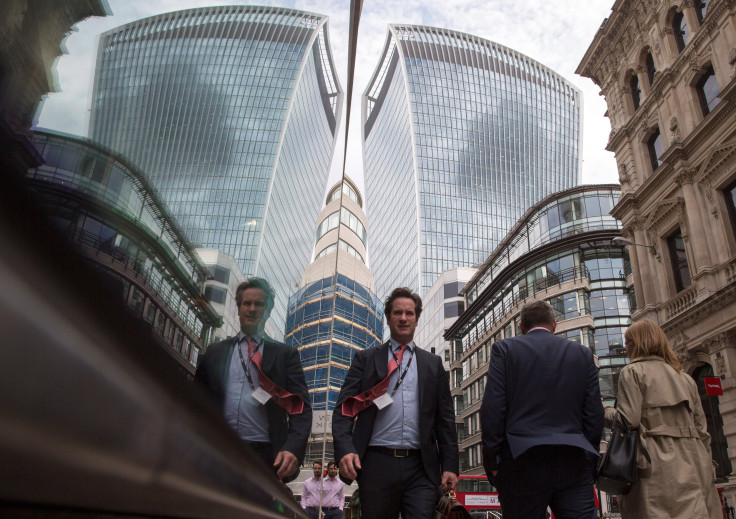UK Unemployment Rate 2015: At 5.4%, British Workforce At Lowest Rate Since 2008

There was good news for the British workforce Wednesday with the sterling currency rising on a report that the country’s unemployment rate was at its lowest level since the second quarter of 2008, Reuters reported. The Office of National Statistics reported that from June to August the unemployment rate fell to 5.4 percent.
More than 140,000 more people were working compared with the period from March to May 2015, and the employment rate for workers between the ages of 16 and 64 stood at 76.3 percent, the highest level since records of this kind were first kept in 1971. Pay for employees was also up by 2.8 percent, excluding bonus pay. Increasing pay has caused speculation that the Bank of England could increase interest rates.
"Real incomes are going up which is good for domestic activity, so we think May will probably be when (the Bank of England) starts raising interest rates," said Chris Turner, a currency strategist at ING, speaking with Reuters.
Approximately 22.77 million people were working full-time, an increase of 291,000 from the year before. However, there were still 1.77 million unemployed people who were actively seeking work and 796,200 people have sought jobless benefits.
"We'll probably see some slowdown in overall GDP growth in the third quarter, reflecting more uncertain global conditions, but the health of the jobs market continues to underpin the domestic economic recovery," said John Hawksworth, chief economist at PwC, speaking with the BBC.
The statistics reported Wednesday showed that from June 2014 to June 2015, the number of non-U.K. nationals working in the U.K. rose by 257,000 to 3.18 million people. This comes as people continue to flee conflicts and repressive states, including Syria, Iraq, Afghanistan and Eritrea, and politicians continue to debate how to integrate refugees into their economies.
The U.K. Prime Minister David Cameron pledged to take in 20,000 more refugees in the next five years.
© Copyright IBTimes 2025. All rights reserved.






















